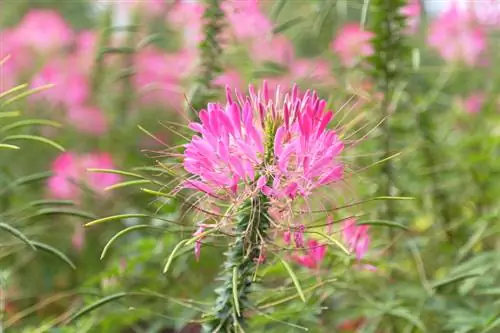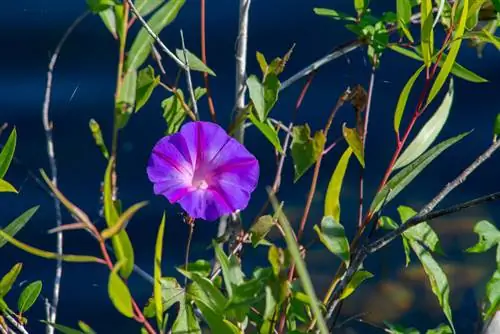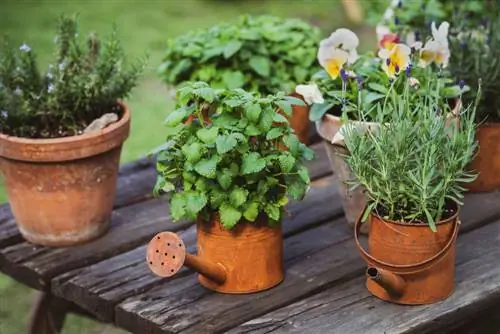- Author admin leonars@hobbygardeners.com.
- Public 2023-12-16 16:46.
- Last modified 2025-01-23 11:20.
With gypsophila (lat. Gypsophila paniculata), the dose makes the poison. In small amounts it has a healing effect, while large amounts can be harmful. However, even then it is usually not fatal.

Is gypsophila poisonous to people and pets?
Gypsophila is not poisonous in small quantities, but can have healing properties such as expectorant and cough-relieving effects. It contains saponins, which also serve as a mild detergent. However, in large quantities, gypsophila can be harmful, especially to pets due to their lower weight tolerance.
The healing effects of gypsophila
In small doses, gypsophila is even a remedy. It contains saponins, which have an expectorant and cough-relieving effect. They also increase the permeability of the intestinal wall, meaning that other substances are absorbed more easily, including undesirable ones. Saponins cause considerable damage when they enter the bloodstream. They destroy the red blood cells there. The saponins also make gypsophila a mild detergent.
The most important things in brief:
- contains saponins
- expectorant
- cough relieving
- ingested orally slightly toxic
- mild detergent
- increase the permeability of the intestinal wall
- destroy red blood cells
Tips & Tricks
Since pets have different tolerance limits for poisoning due to their lower weight, it is better not to let your pets nibble on gypsophila.






